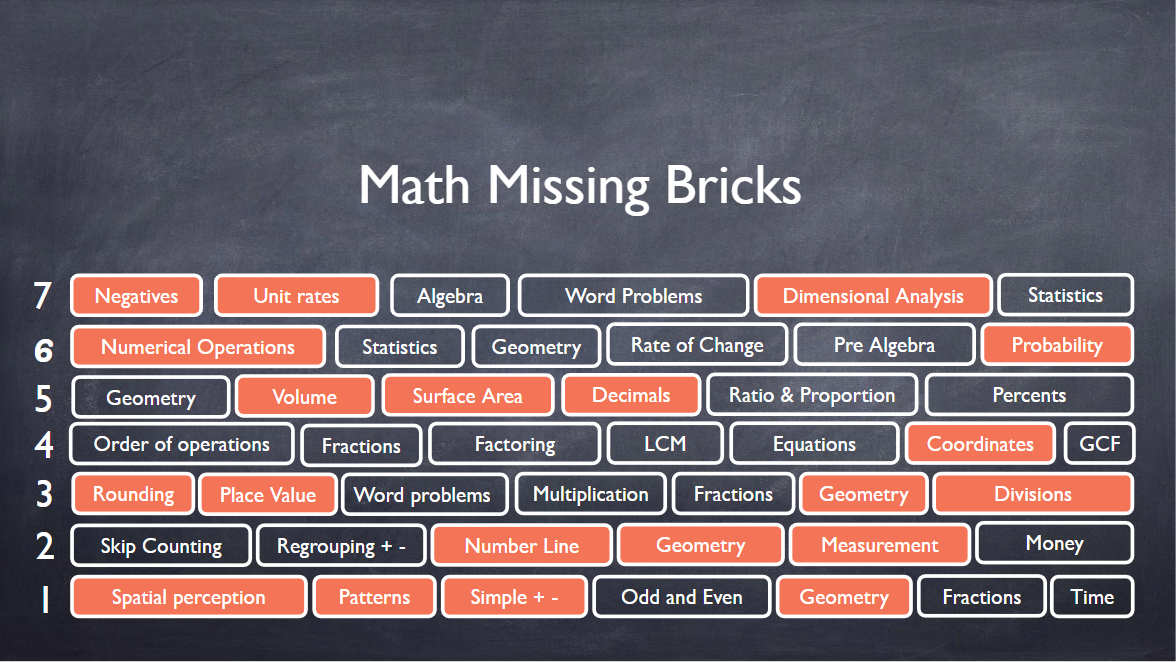 Music is often thought of as a nice addition to education, not a necessity like math, science, and English. However, music is not just a nice addition to education, but a subject with the power to improve your child's grades. The brain thrives off of connections and learning music creates more of these connections. In fact, a recent study showed just how effective music is at raising test scores for math, science, and English.
Music is often thought of as a nice addition to education, not a necessity like math, science, and English. However, music is not just a nice addition to education, but a subject with the power to improve your child's grades. The brain thrives off of connections and learning music creates more of these connections. In fact, a recent study showed just how effective music is at raising test scores for math, science, and English.
Music helps in kids in many ways, from developing the character traits of a good student to thinking logically, and also boosting creativity. These traits are essential to all excellent students and are the foundation your child needs to set themselves up for a lifetime of success.
Discipline
Learning any instrument is a practice of discipline. Students must practice daily to improve. The more they practice, the faster they improve. One of the roots of self-discipline is the understanding that with practice and persistence you will get better, music teaches your child this in a very tangible way. They can hear the difference between the songs they could play from the beginning of the year to the end, if they have been practicing. If they don't practice they will find themselves quickly falling behind in their lessons. Understanding this concept translates into more discipline in other areas of study, once they understand success is correlated with practice they become more motivated to improve in other areas of their life.
Confidence
Watching their own success as they master the difficult task of playing an instrument will boost your child's confidence. They may, for the first time, be able to do something that most other people they know, including mom and dad, cannot do.
Independence
Practicing music every day is an independent endeavor. You can tell your child to practice their piano or guitar but it is up to them to follow through with it. If your child wants to succeed in their instrument they have to hold themselves responsible. In the end, your child can join in a large group effort to put on a show and play together. But that only happens when every student takes responsibility for learning their own part on their own.
How Music Helps with Logic, Reasoning, and Math
The relationship between math and music is not always immediately apparent, but if we take a moment to look at the concepts behind them, we can see they are so similar one might say music is simply how we can listen to math. Music has been shown to light up the same areas of the brain that are used for spatial-temporal reasoning. To play a song you first must know how to count, how many beats each note gets, and when to pause. Even when an instrument is not being played in the band the students who appear to be resting are really counting to ensure they jump back into the song at just the right moment. In music, your child even learns to count using different base number systems, called time signatures, and to count by fractions. Chord theory is all about the relationships of how much space is between notes.
 How Music Helps with Creativity and Imagination
How Music Helps with Creativity and Imagination
Music is so strong that even just listening to a happy song can increase divergent thinking, which is essential to creativity. Once your child understands the basic patterns of timing, notes, and chords can they can begin to play with sounds, often making up their own new songs. Studies have shown that while Jazz musicians are improvising (making up the song as they play) the same area of the brain lights up as when we are processing language. This explains why English scores are higher in students who study music because this area of the brain is being used more frequently and the connections become stronger. Many writers also find that certain types of music help them get into the creative flow of their work much more quickly and easily than if they begin in silence.
Encourage your child to take up an instrument or join the choir, the benefits are worth the time.





